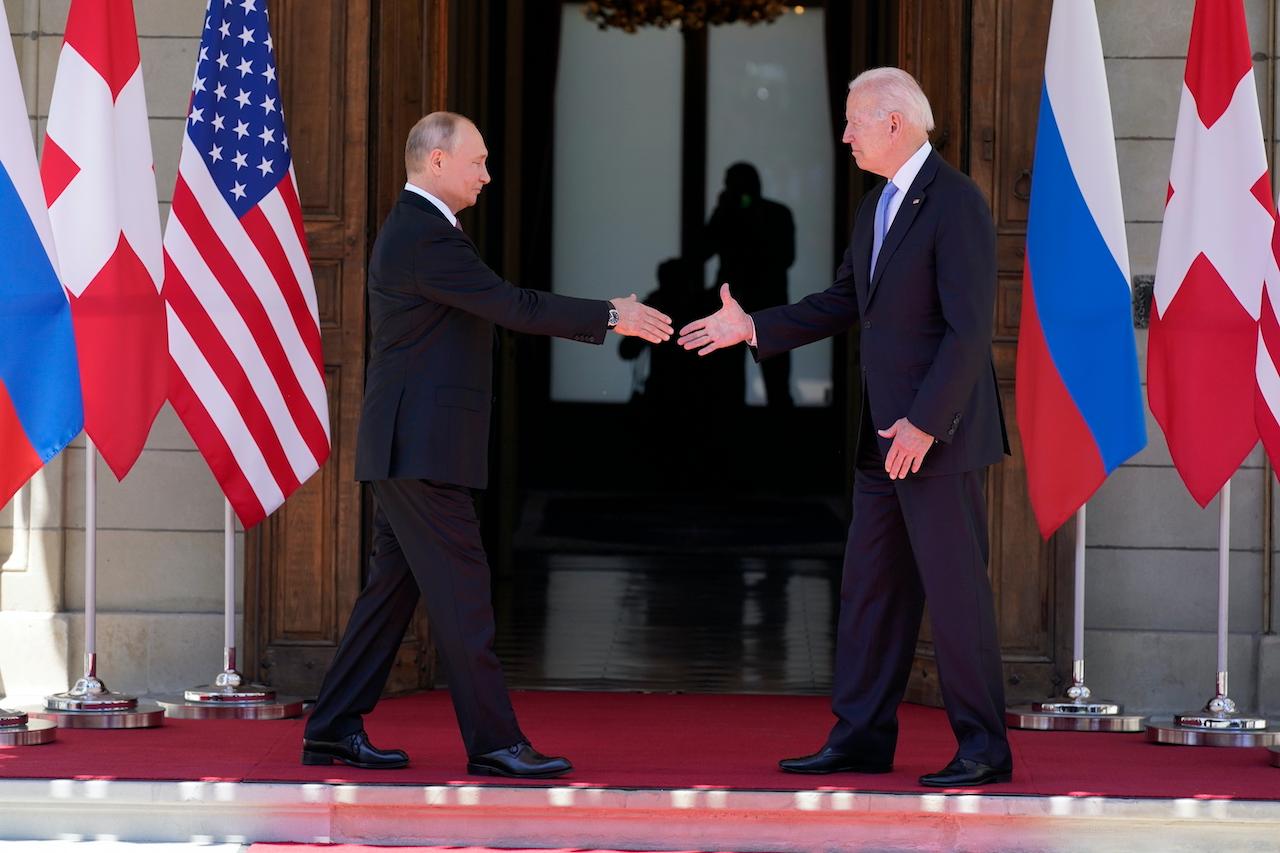Biden and Putin praise first talks while serious differences remain
There was little sign of agreement on human rights, cybersecurity, Ukraine, and the fate of Russian opposition leader Alexei Navalny,
Just In
The presidents of the US and Russia have praised their talks in Geneva but have made little concrete progress, says the BBC.
US President Joe Biden said disagreements were aired, but not in a hyperbolic way, and he said Russia did not want a new Cold War.
Russian President Vladimir Putin said Biden was an experienced statesman and the two “spoke the same language”.
The talks lasted four hours, less time than was scheduled. Biden said they did not need to spend more time talking as there was now a genuine prospect of improving relations.
As one step in this direction, they agreed to return ambassadors to each other’s capitals – envoys were mutually withdrawn in March, after the US accused Russia of meddling in the 2020 presidential election.
However, there was little sign of agreement on other issues, including cybersecurity, Ukraine, and the fate of Russian opposition leader Alexei Navalny, who is currently serving a two-and-a-half-year sentence in a penal colony.
Biden said there would be “devastating consequences” for Russia if Navalny died in prison.
Putin dismissed US concerns about Navalny, saying the dissident ignored the law and knew that he would face imprisonment when he returned to Russia after having received medical treatment in Germany. Navalny claims he was poisoned with a nerve agent on Putin’s orders – an accusation Putin denies.
On cyber-attacks, Putin brushed away accusations of Russian responsibility, saying that most cyber-attacks in Russia originated from the US.
Biden told Putin that certain critical infrastructure such as water and energy should be “off-limits” to hacking, but analysts say his efforts are unlikely to be more successful than previous attempts to carve out safe zones online, Reuters reported.
The two sides differed sharply on human rights, including the right to protest.
Putin said Russia did not want disturbances on its territory comparable to the Capitol riots or the Black Lives Matter movement. Biden dismissed Putin’s comments about Black Lives Matter as “ridiculous”, and said human rights would “always be on the table”.
Asked why Russia would want to cooperate with the US, Biden said Moscow “is in a very difficult spot right now. They are being squeezed by China. They want desperately to remain a major power,” he told reporters, shortly before leaving Geneva.
The BBC says Putin was keen to underline several times that Russia was a nuclear power – an important country, with an economy smaller than that of the US, but one that still mattered and that was why Biden had come to talk to him.
Subscribe to our newsletter
To be updated with all the latest news and analyses daily.
Most Read
No articles found.
